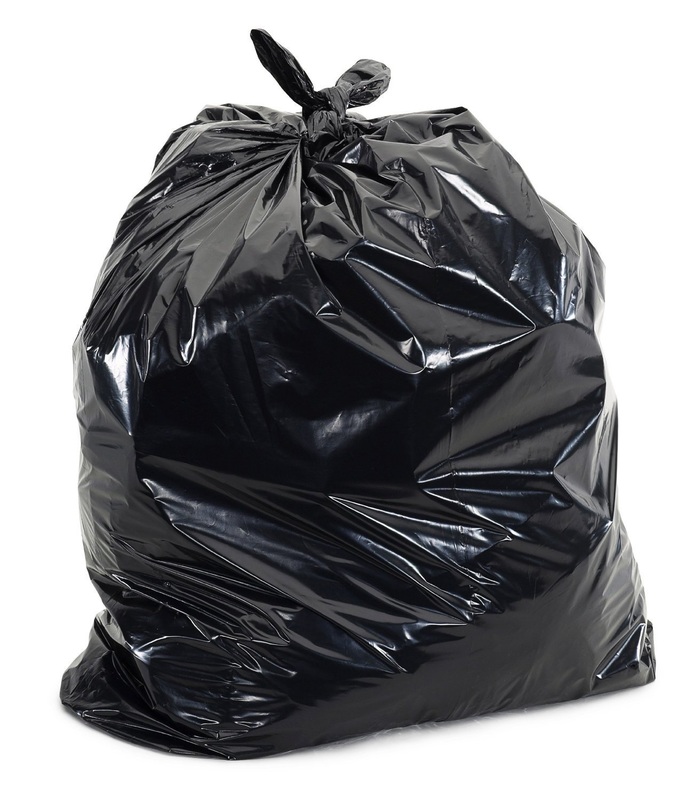|
“Have you made a resolution?” my wife asked. Had not.
She said that rather than make grandiose plans – join a health club -- it is better to lighten the load, leaving more room and time for better things that come up. She is consolidating some details – stuff that banks and companies don’t seem to know how to do anything, on automated phone hell. Made sense to me. I hereby vow to write less in the new year about things I don’t care about – sports that vanished in my rear-view mirror years ago. Just because the web is an endless maw doesn’t mean we should try to fill it, minute by minute. For a while, I’m going to lay off Donald Trump and Pete Rose (who may, in fact, be the same person.) Plus, any web site that inserts 15-second video commercials is getting X’d out of my queue. That’s not why we learned to read and think, to watch stuff jump around. I will write about stuff that excites me – like discovering a new Shakespeare play (for me, that is). But enough for today. 1/5/2016 09:49:31 pm
George,
George Vecsey
1/6/2016 08:27:02 am
Alan: something tells me the first thing I should give up (or cut back) is sitting at the laptop for hours, typing. 1/6/2016 12:08:49 pm
Keep pecking away as the computer is the portal to so much enjoyment. Just keep the back supported and the head up as much as possible. 1/12/2016 04:06:37 am
Every one know that how to generate free playstation network codes and which best place for plastation codes free. 8/16/2016 04:43:02 am
Having read through this I consider it truly is quite enlightening. 8/16/2016 04:44:11 am
Its just like you read through my head! You appear to know so much about this, Comments are closed.
|
Categories
All
|










